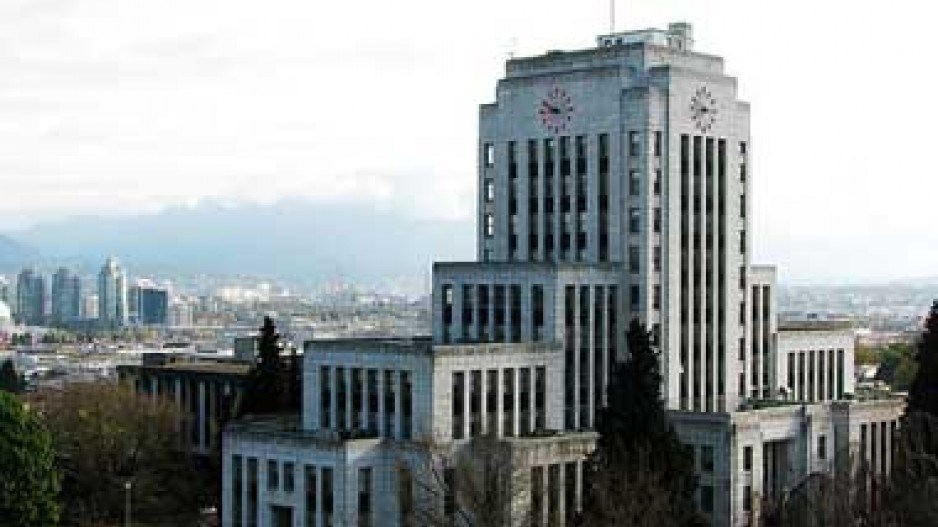Business owners are upset over the City of Vancouver’s plan to increase property taxes 1.9% in 2014.
The increase is included in the city’s 2014 budget, which council discussed December 10 and will vote on December 17.
“When everybody applauds and says you’ve only got a 1.9% increase, you go, hold on a minute – that’s still a 1.9% increase,” said Sharon Townsend, executive director of the South Granville Business Improvement Association.
But rather than focusing on the budget, which will likely be approved, business groups are hoping that the city’s ongoing property tax review will deliver long-term changes.
An independent commission was struck in April to review the property tax difference between what businesses pay versus what residents pay: currently, Vancouver businesses pay 4.5 times more than residents. The city’s 2014 budget shows that residents have a higher satisfaction rate with city services (71%) than businesses do (52%). That doesn’t surprise Townsend.
“Because we pay four times what residents pay, what we get in return for our dollars is hard to see,” Townsend said.
The fact that residents use more city services than businesses, but pay a lower property tax, is a bone of contention among many business owners, said Charles Gauthier, president of the Downtown Vancouver Business Improvement Association.
“That 4-1 difference further magnifies that consumption of services issue, because then residents pay a much smaller fraction for a greater pool of services,” Gauthier said. “On the flip side, the commercial pays a greater amount for a smaller amount of services.”
But Vancouver councillor Raymond Louie countered that Vancouver plans services for the city as a whole, not for what each resident uses.
“People don’t have the option to opt out of fire protection, although some might say, ‘I don’t need it.’”
Louie also pointed to services for businesses that have been introduced recently, such as streamlining 600 different types of business licences down to 100 and moving more city services online.
“311 and streamlined business permitting is good,” Townsend said, “but is that everything we get?”
For retailers who need to be in high-profile locations to be successful, the property tax burden is especially steep because of higher property values.
“There are some businesses that pay a lot of tax and some businesses that pay very little,” said Ed des Roches, co-owner of clothing chain Plum, which has locations on South Granville and Kitsilano. “It has nothing to do with the profitability of the business or the city services that they use.”
The 1.9% increase irks des Roches because over the past five years, the city has been engaged in a review process that has found millions of dollars in savings at city hall. He said those savings should be passed on to taxpayers.
They have, said Louie: if the savings hadn’t been found, this year’s property tax increase would have been higher.
The property tax review commission will report to city council in January of 2014.
Vancouver’s tax shift and share
Over the past five years, the City of Vancouver has lowered the share of taxes businesses pay. The business tax share is currently 47%; the residential tax share is 52%.
Because property taxes can change based on land value, the city now averages land assessments over three years in an attempt to make property taxes more predictable. The city is considering five-year averaging.




